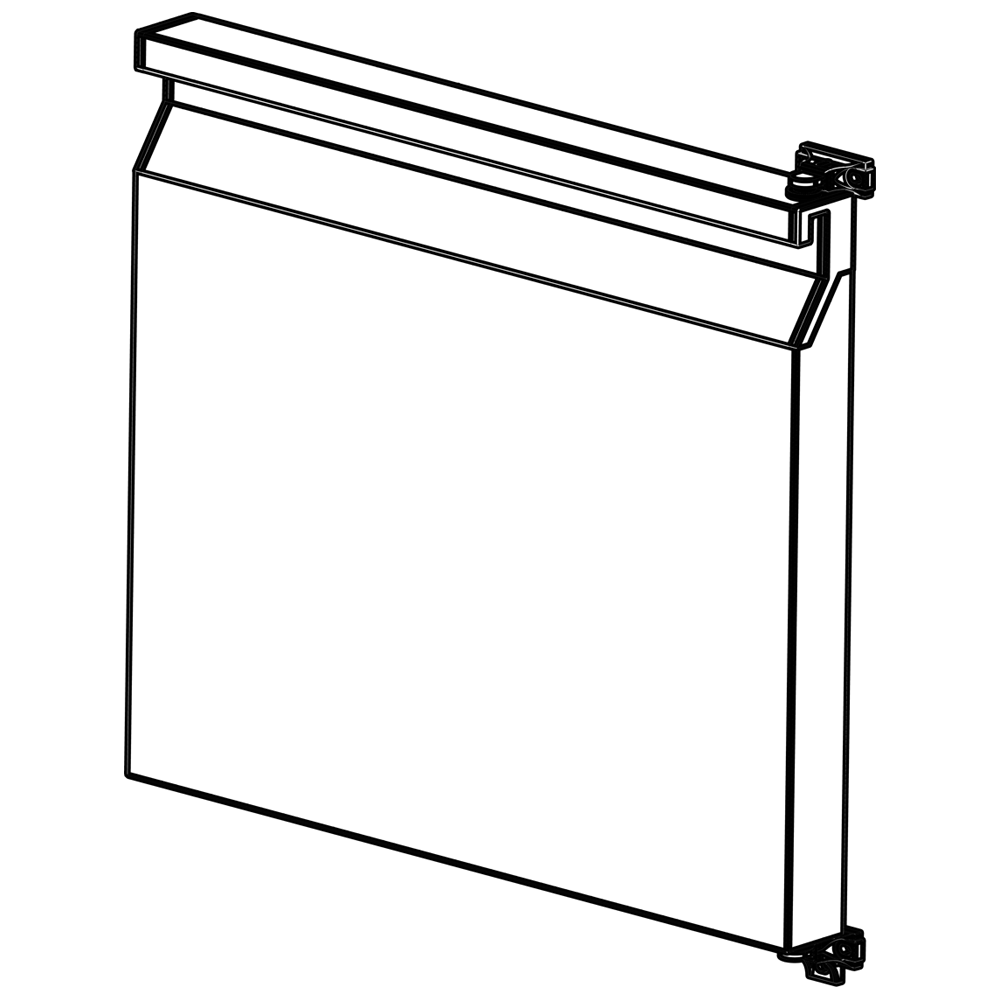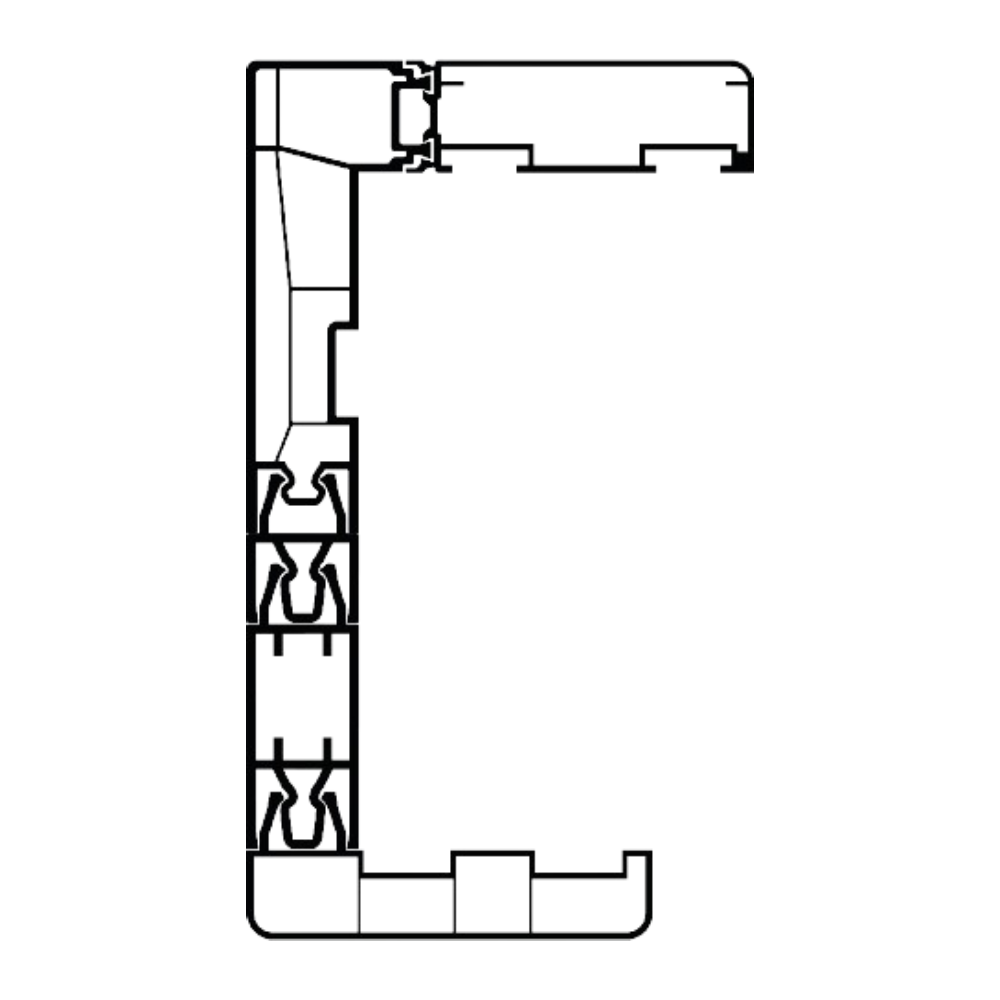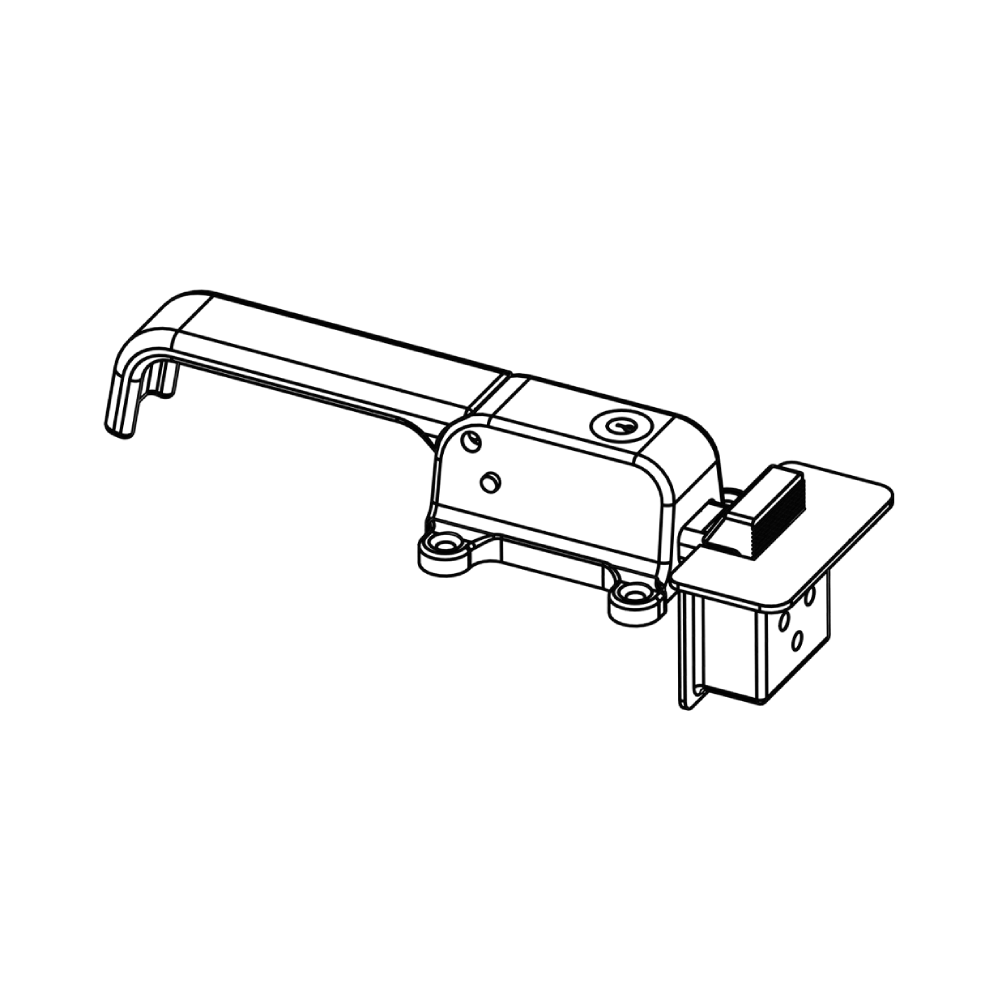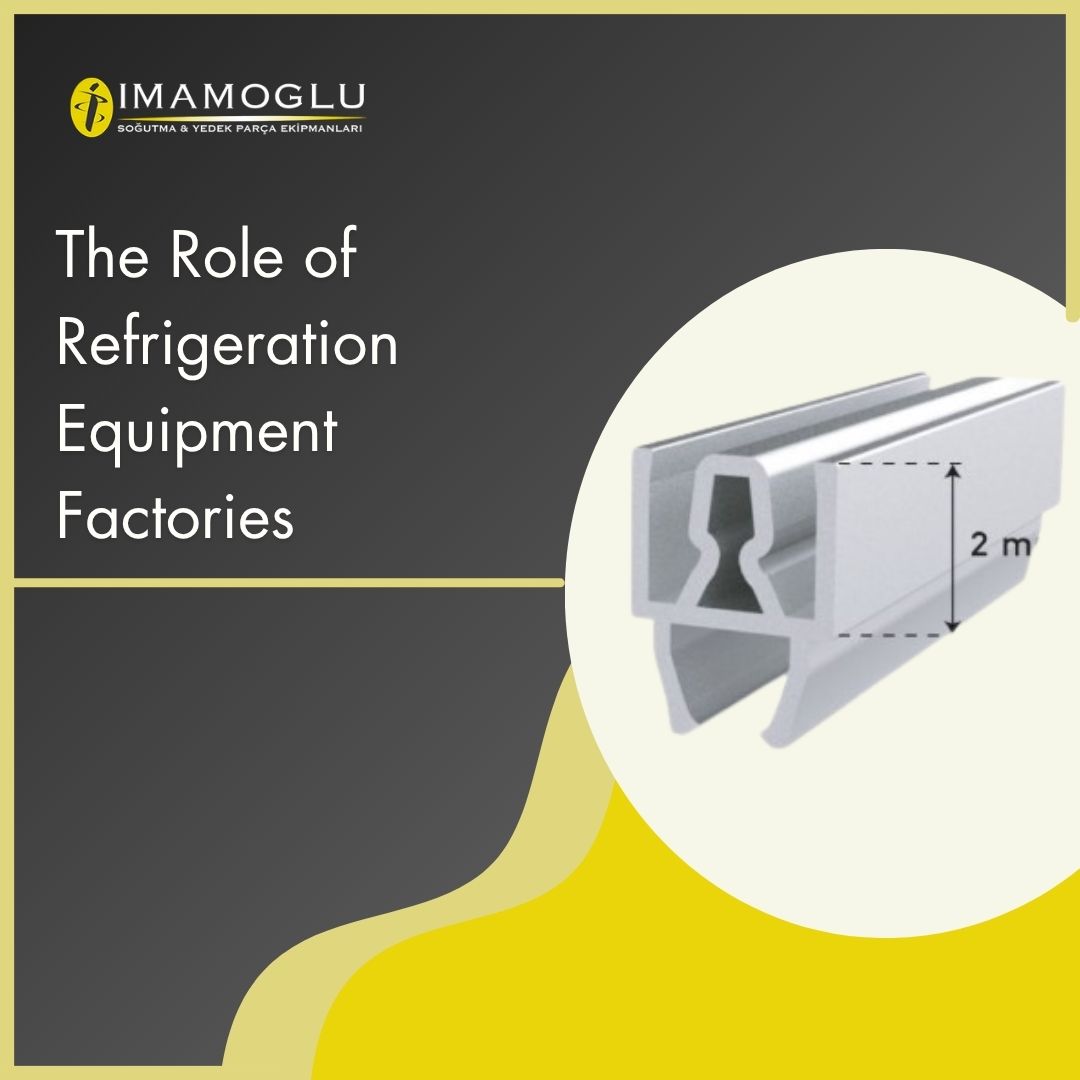The Role of Refrigeration Equipment Factories
The Role of Cooling Equipment Factories
Cooling equipment factories play a critical role in today’s industrial and commercial world. These factories produce various cooling devices to meet the needs of both small-scale businesses and large industrial facilities. The impact of cooling systems is significant across many sectors, from manufacturing to healthcare, food processing plants to the automotive industry. Cooling technologies provide functionality in numerous areas, from preserving products in industries where temperature control is vital to ensuring comfort in living spaces. Cooling equipment is developed not only to increase efficiency but also to positively impact human health and the environment.
The proper selection and efficient operation of cooling devices demonstrate their effectiveness across a wide range, from supply chains to everyday living spaces. Cooling equipment factories utilize advanced technologies to offer solutions such as low energy consumption, eco-friendly refrigerants, and remote monitoring, producing environmentally conscious and economical systems.
Types and Features of Cooling Equipment
Cooling equipment is manufactured in various types designed for different industrial, commercial, and residential applications. These devices offer a wide range of functions, providing tailored solutions for each use case. Here are the most common types of cooling equipment and their features:
Industrial Cooling Systems: Industrial cooling systems are typically used in large facilities and boast high-capacity cooling capabilities. These systems are employed in production lines, cold storage facilities, and large industrial plants to control the temperature of expansive areas. Industrial cooling enhances production efficiency and regulates environmental conditions to ensure comfortable working environments for employees. The cooling devices used in these systems generally have very high cooling capacities and are equipped with energy-saving inverter technology.
Air Conditioning Units: Air conditioning units are cooling devices with a broad range of applications, from residential to commercial spaces. Air conditioning systems regulate temperature and humidity while improving indoor air quality. Frequently used in commercial establishments, offices, hospitals, and shopping malls, these devices offer both aesthetic and functional solutions with their modern designs. Additionally, energy-efficient inverter air conditioning units optimize energy consumption, providing significant long-term savings.
Refrigerators and Freezers: Refrigerators and freezers play a critical role in the food and pharmaceutical industries. In the food sector, these devices keep products fresh and safe, while in the pharmaceutical industry, they ensure medications are stored without degradation. Refrigerators are used everywhere, from homes to supermarkets, with commercial refrigerators offering large capacities and advanced cooling systems. Moreover, to ensure food safety, these devices feature highly efficient cooling systems and humidity control capabilities.
Portable Cooling Units: Portable cooling units are ideal for small spaces and temporary use. These units provide effective cooling, rapidly lowering ambient temperatures. Tents, temporary offices, event spaces, and portable air conditioners used in summer months are examples of portable cooling units. These devices stand out for their practicality and ease of portability. Additionally, models offering energy efficiency operate with eco-friendly refrigerants.
Cooling Compressors: Cooling compressors are key components that form the heart of cooling systems. These compressors compress refrigerant gases, increasing their temperature, and then release the heat into the environment. In industrial systems, high-efficiency compressors that provide energy savings are typically preferred. The proper selection of compressors directly impacts the efficiency of the cooling system. Furthermore, eco-friendly refrigerants are used to develop systems that do not harm the ozone layer and have a low global warming potential.
Technological Advancements in Cooling Equipment Manufacturing
Cooling equipment factories continuously produce more efficient and eco-friendly devices thanks to advancing technology. These technologies offer significant innovations aimed at reducing energy consumption and increasing efficiency. In recent years, technologies such as inverter technology, smart control systems, and eco-friendly refrigerants have been among the most notable advancements in the industry.
Inverter Technology: Inverter cooling devices significantly enhance energy efficiency. Inverter technology adjusts the motor speed of cooling devices automatically, ensuring energy savings. This technology allows devices to consume only the energy they need, extending their lifespan. Inverter air conditioners and cooling systems are widely used, particularly in industrial cooling applications. These systems provide more efficient cooling with less energy consumption, reducing their environmental impact.
Eco-Friendly Refrigerants: Refrigerants that do not harm the ozone layer and have low global warming potential, such as eco-friendly refrigerants, have become widespread in the cooling industry in recent years. Gases like R-32 and CO2 offer environmentally friendly solutions. These gases have a much lower environmental impact compared to traditional refrigerants. Moreover, their use enables the design of more efficient cooling systems.
Smart Control Systems: Smart control systems are used to optimize the performance of cooling devices. These systems continuously monitor factors such as temperature, humidity, and energy consumption, automatically adjusting the devices’ operation. Additionally, these systems allow users to remotely monitor and manage the devices. Smart systems increase cooling efficiency in industrial facilities while helping reduce costs in commercial spaces.
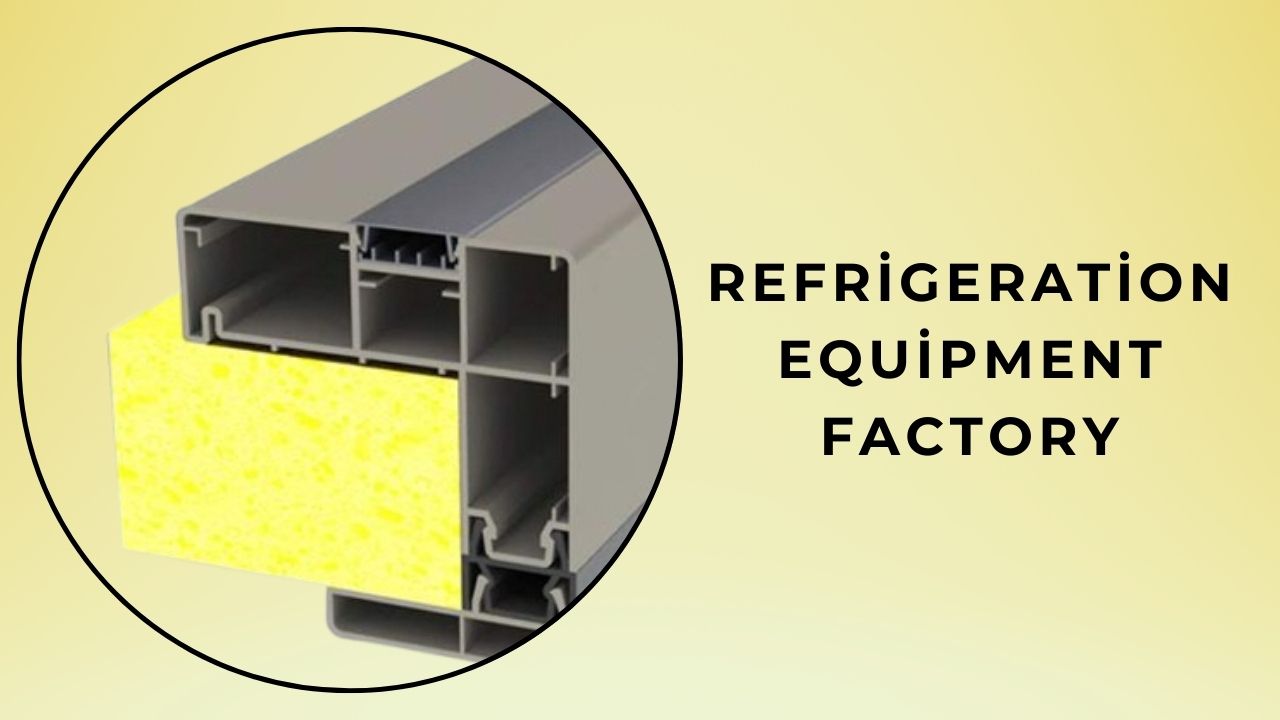
Cooling Equipment Manufacturing Processes
The production of cooling equipment consists of multiple stages, from design to assembly. Quality control is conducted at each stage to ensure the final product performs at a high level. Here are the main stages of a typical cooling equipment manufacturing process:
Draft and Project Design: The production process begins with identifying customer needs and designing cooling devices accordingly. At this stage, factors such as the size of the area where the device will be used, energy efficiency, and environmental conditions are considered. During the design process, the technical specifications of the device are determined, and simulations are conducted using the necessary software.
Component Manufacturing: The main components of cooling devices are produced using highly durable materials. These components include compressors, evaporators, condensers, temperature sensors, and other critical parts. Each component undergoes rigorous quality control tests to ensure standardization.
Assembly and Integrated Testing: Components are assembled during the assembly stage. This stage is crucial for verifying all the device’s functions and operations. Once assembly is complete, the device’s performance is tested. Factors such as energy efficiency, cooling capacity, and noise levels are evaluated.
Quality Control: The final stage is quality control. The manufactured cooling equipment is meticulously inspected for durability, efficiency, and safety. The final product is released to the market only after ensuring compliance with all standards. Additionally, eco-friendly materials are used during the production process to ensure sustainable manufacturing.
Application Areas of Cooling Equipment
Cooling equipment is used across a wide range of applications. The food industry, healthcare sector, automotive industry, and commercial spaces are just a few of the sectors that rely heavily on these technologies:
Food Industry: Cooling is essential for ensuring food safety and keeping products fresh. Industrial cooling systems are used in cold storage, freezing, and transportation processes. These devices enable products to be stored for extended periods without spoilage.
Pharmaceutical Industry: Medications must be stored under proper temperature conditions. Cooling devices ensure that medications are safely preserved without losing their effectiveness. Sensitive products such as biological materials and vaccines require cooling systems to function correctly.
Automotive Industry: In the automotive sector, air conditioning systems and interior cooling devices play a significant role. Climate control inside vehicles is critical for the comfort of drivers and passengers. Additionally, energy-efficient cooling systems reduce the overall energy consumption of vehicles.
Commerce and Retail: In commercial spaces such as shopping malls, offices, hospitals, and hotels, cooling systems enhance environmental comfort. Furthermore, cooling equipment is used in markets to store frozen food products.
Sustainability and Eco-Friendly Cooling Technologies
Cooling equipment factories adopt sustainable production methods by offering eco-friendly and energy-efficient solutions. Thanks to innovative refrigerants and highly efficient devices, environmental impacts are minimized. These advancements not only provide environmentally conscious solutions but also deliver long-term cost savings to businesses.
Many manufacturers use renewable energy sources to make cooling equipment more efficient. Additionally, technologies that reduce energy consumption ensure that cooling systems cause less harm to the environment.



